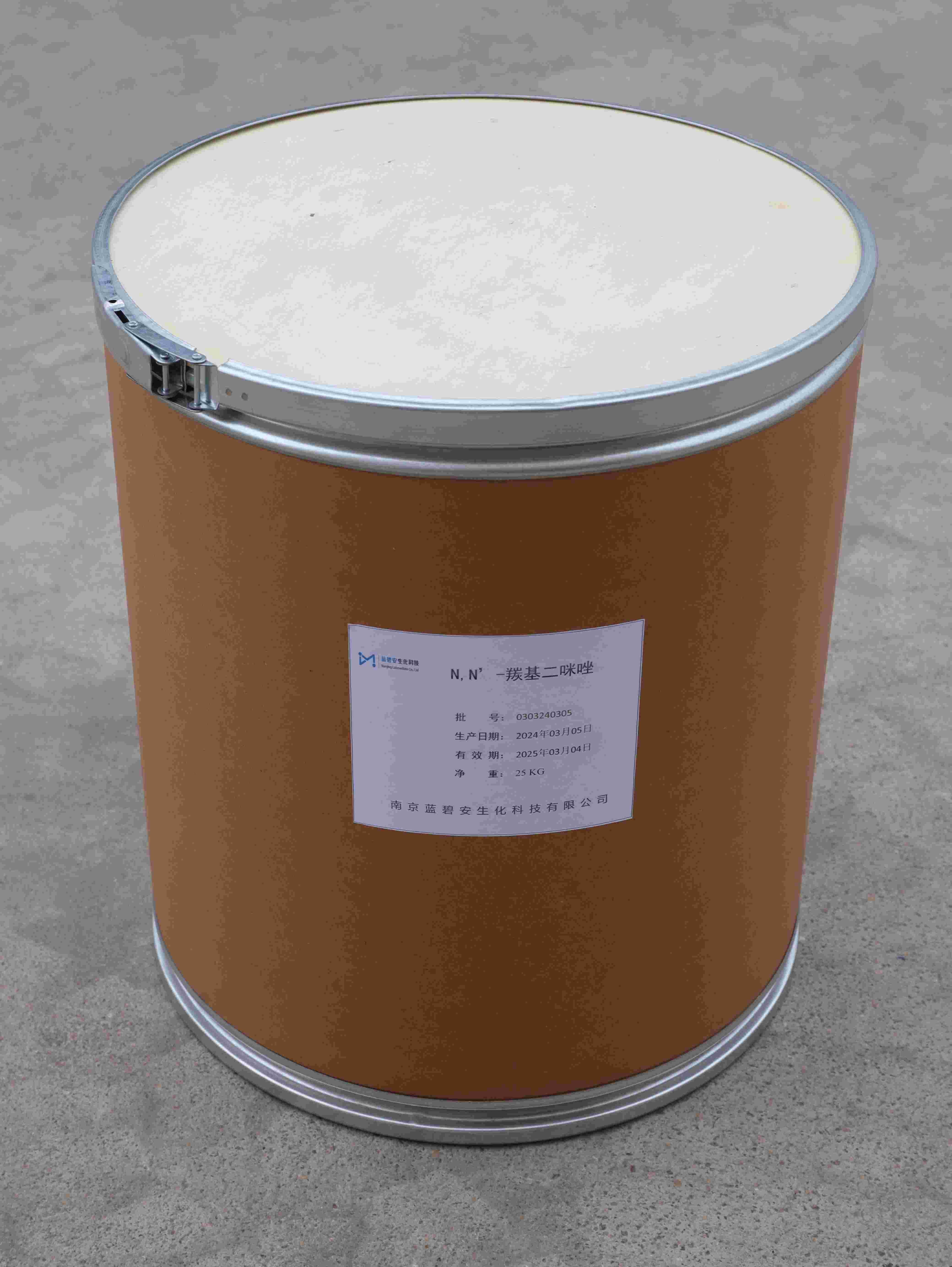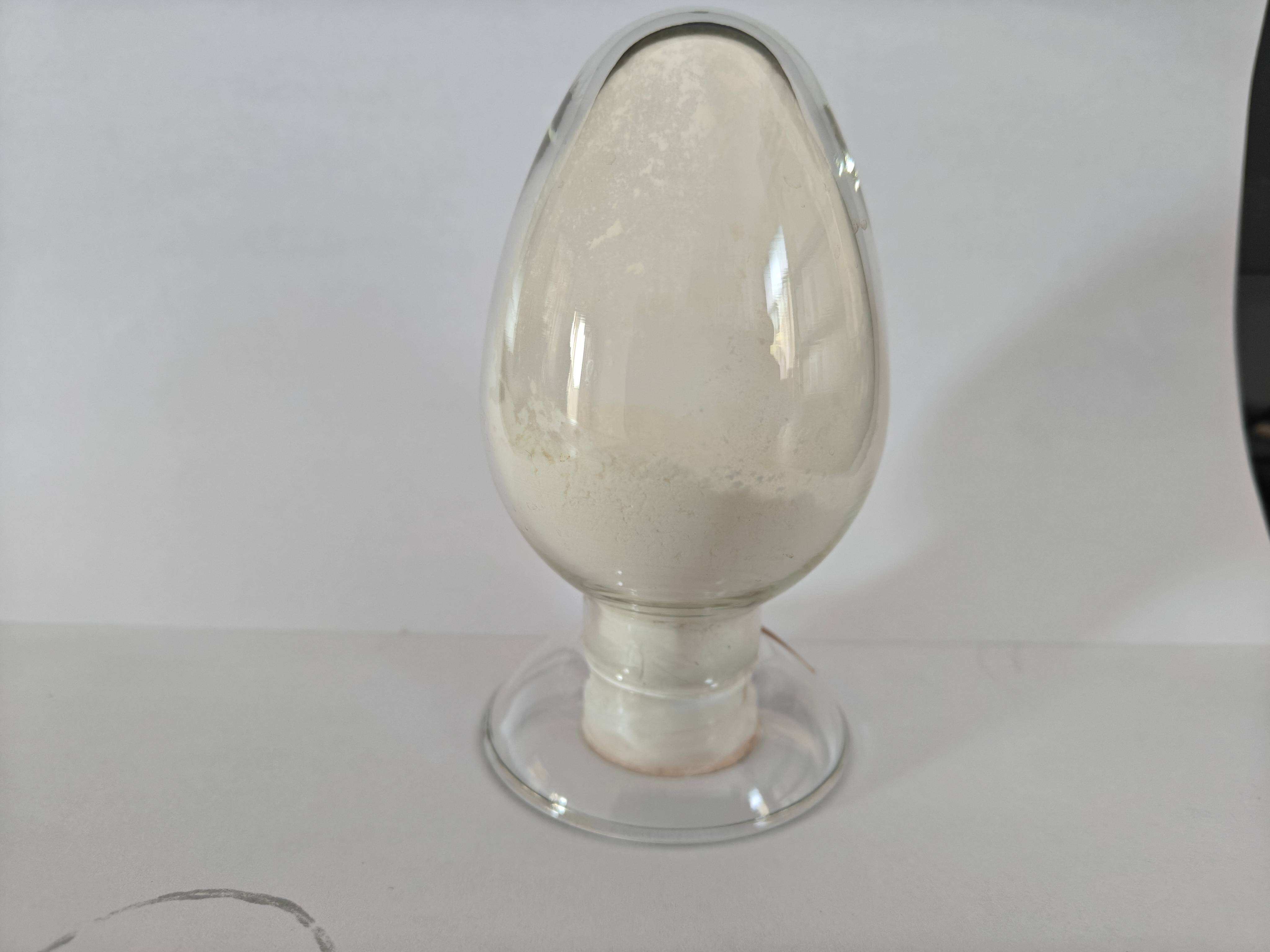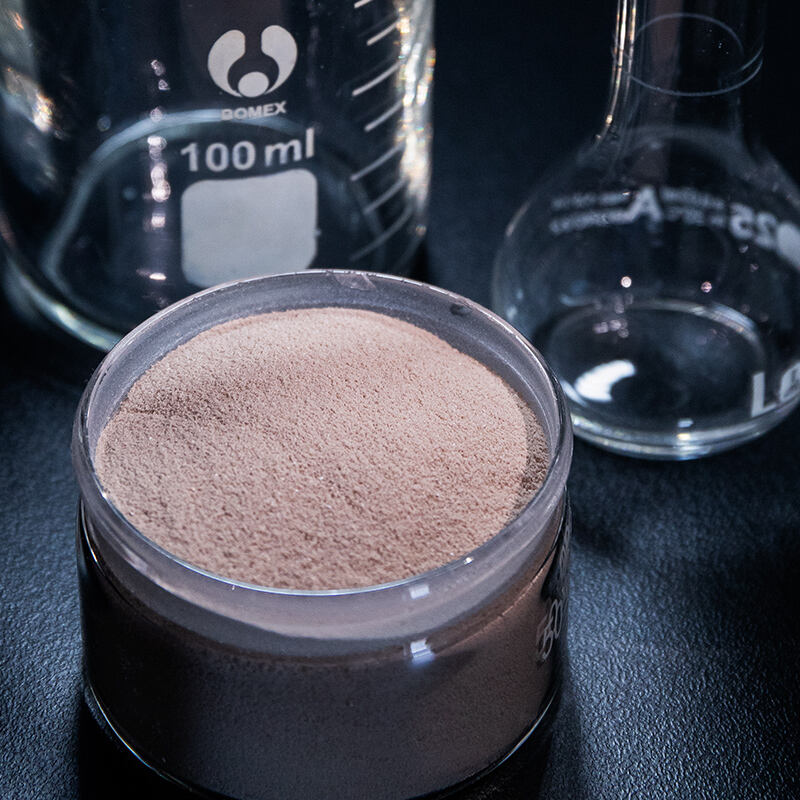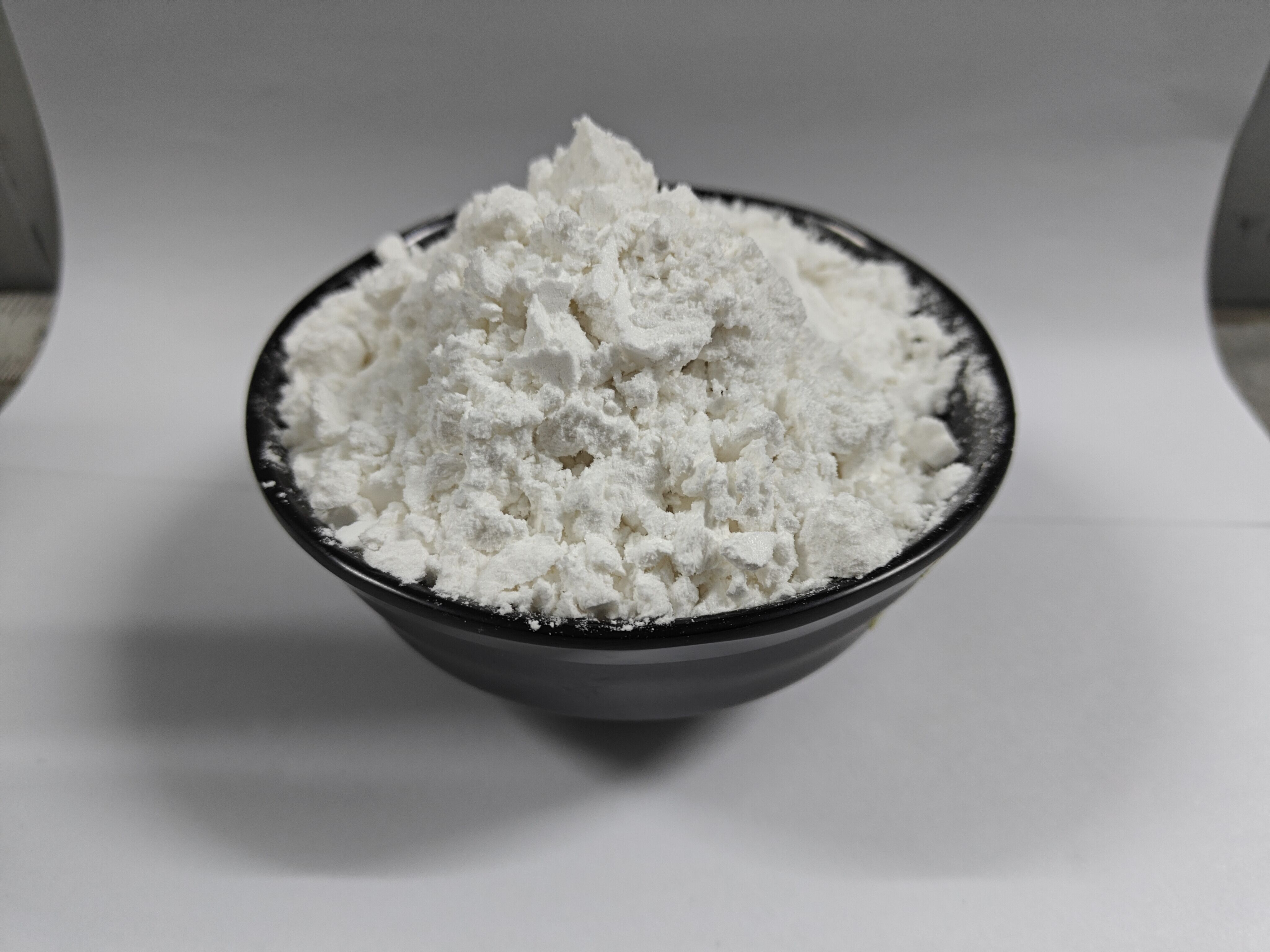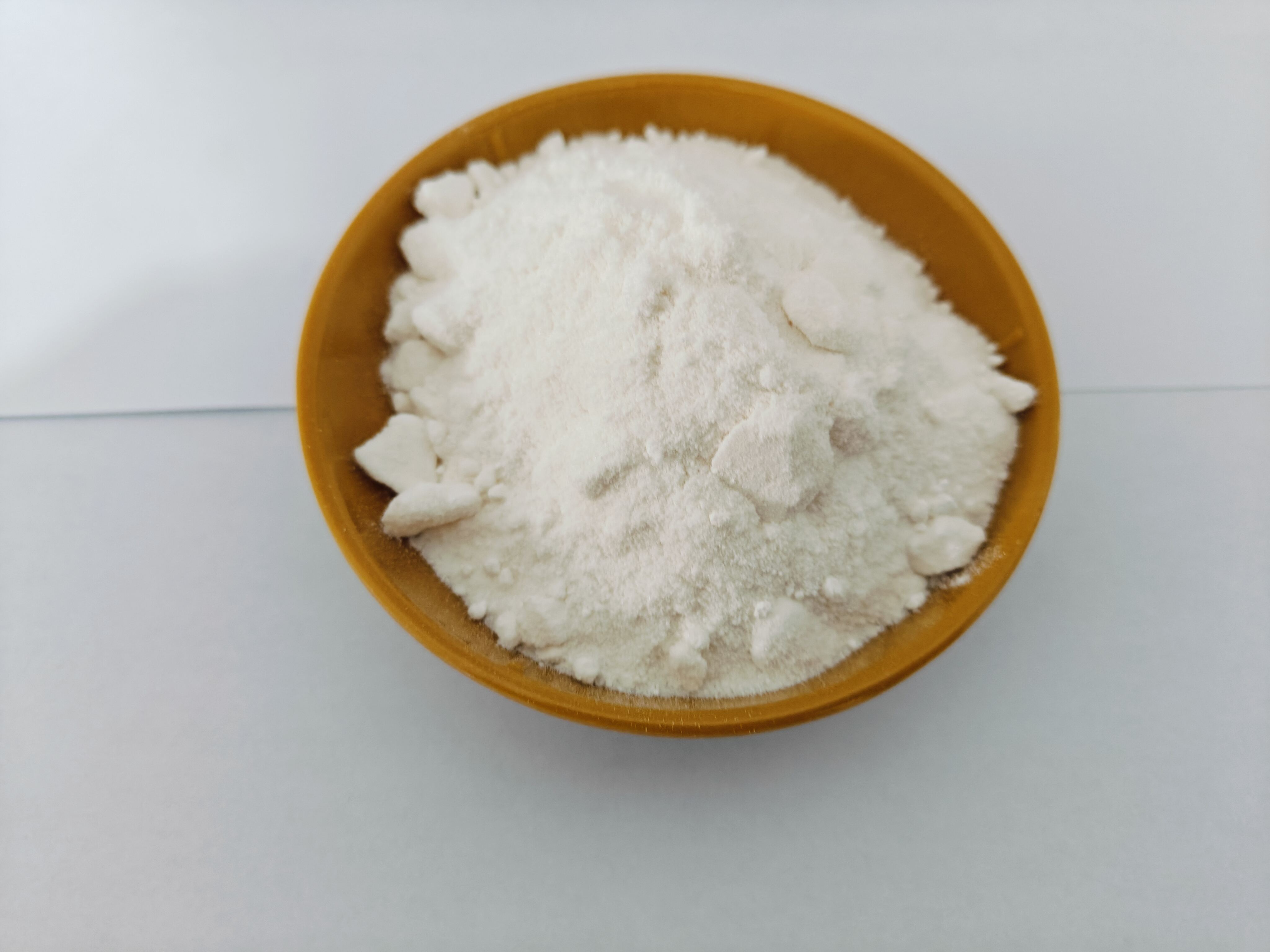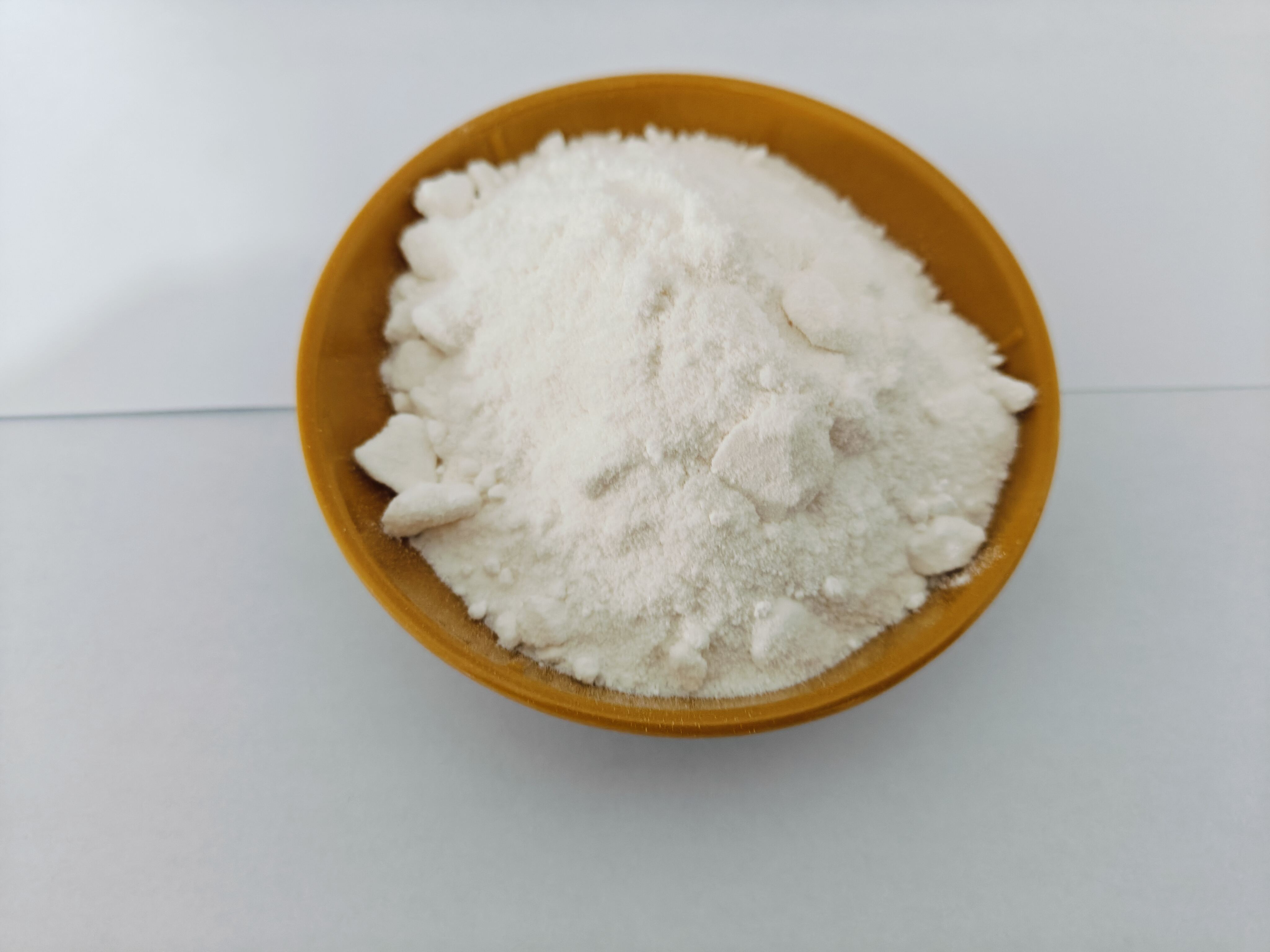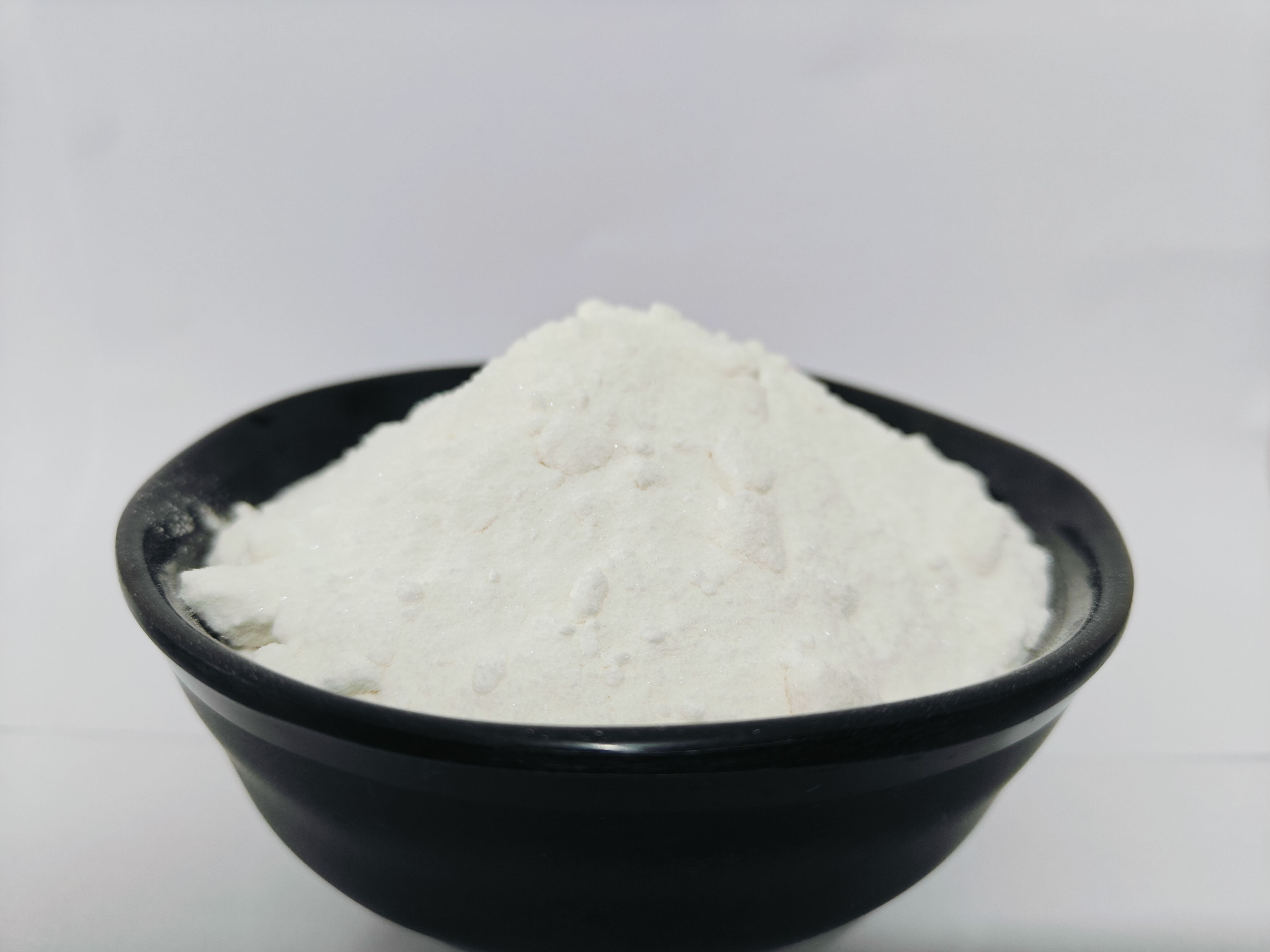thermal expansion coefficient
The thermal expansion coefficient is a fundamental physical property that measures how materials change in size or volume in response to temperature variations. This crucial parameter plays a vital role in engineering, construction, and manufacturing processes. The coefficient quantifies the fractional change in size per degree of temperature change, enabling engineers and designers to predict and account for dimensional changes in materials under different thermal conditions. In industrial applications, understanding thermal expansion is essential for designing everything from bridges and buildings to precision instruments and electronic devices. The coefficient varies significantly among different materials, with metals typically showing higher expansion rates than ceramics or plastics. This property becomes particularly important in applications where temperature fluctuations are common, as it helps prevent structural failures, maintain precise alignments, and ensure proper functioning of components. Modern technology relies heavily on accurate thermal expansion calculations to ensure safety, reliability, and optimal performance of various systems. The coefficient's measurement and application have become increasingly sophisticated with advanced materials science, allowing for more precise control and prediction of material behavior under varying temperature conditions.

